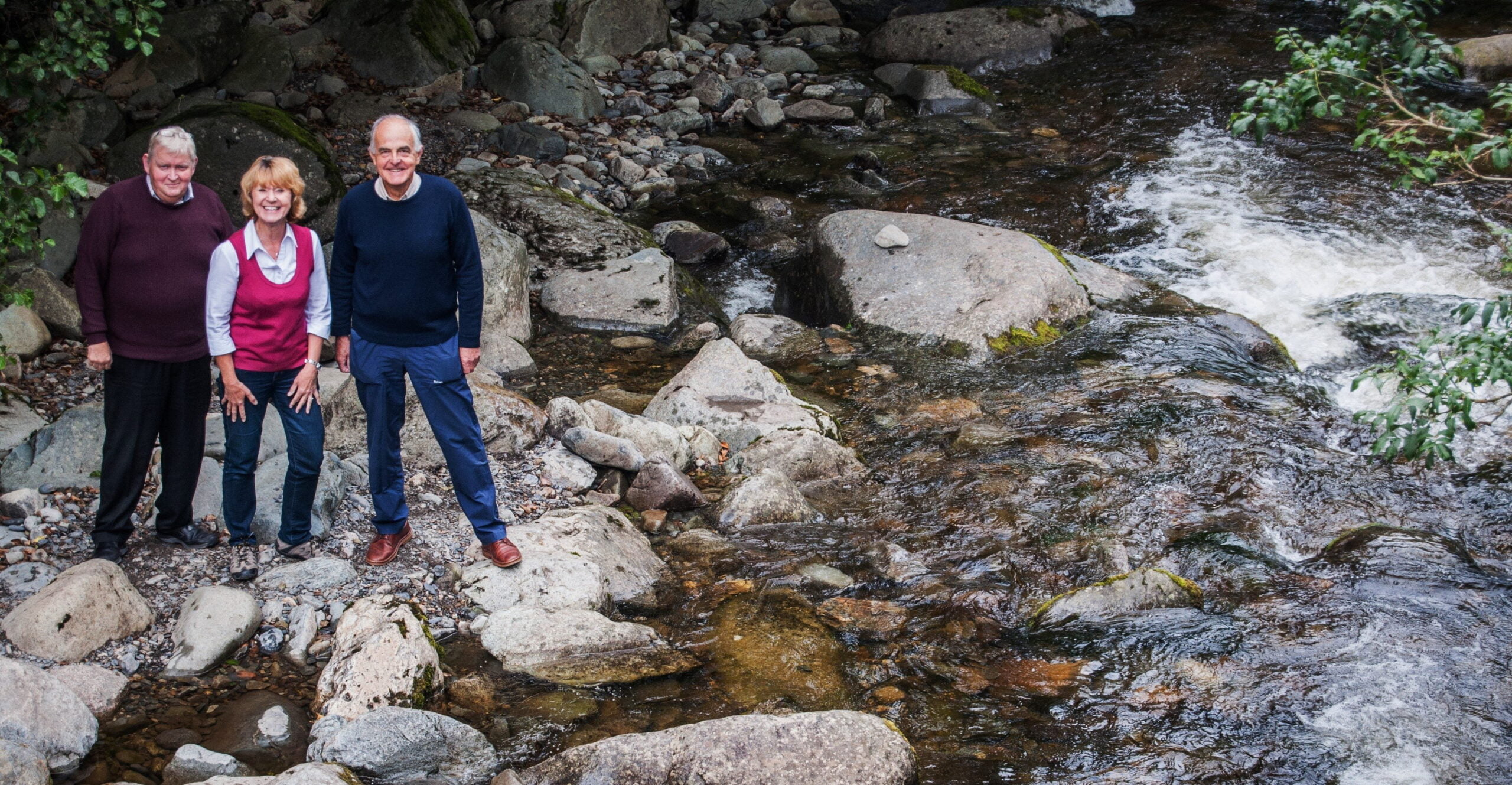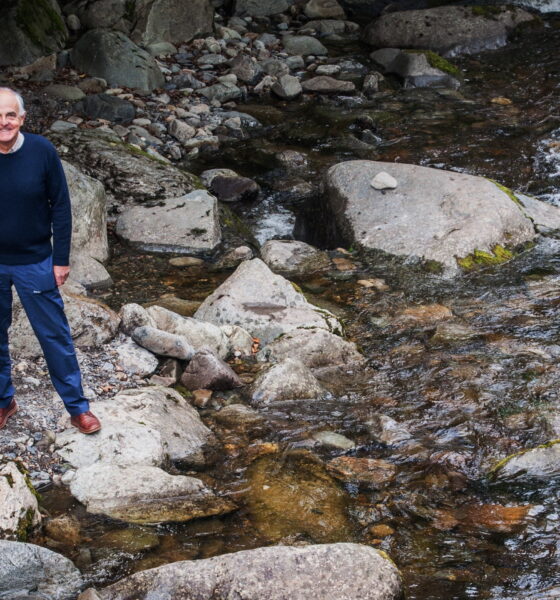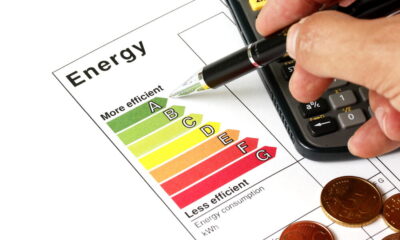

Features
Community Energy Fortnight: Anafon Hydro Project
The Community Energy Fortnight hopes to raise awareness of renewable energy projects this September. As part of the national event, the Anafon Hydro Project – a community-led renewable hydro scheme – is holding a festival promoting culture, history, but most importantly: sustainability! They will also be launching their share offer – a chance to invest in the energy initiative.
Jacqui from the Anafon Hydro Project told Blue & Green Tomorrow more regarding the project.
Tell us a bit about your project – what inspired it, how did you decide on this technology, who did you involve?
Our village is tucked in a valley in a beautiful part of Snowdonia. We are known for the impressive Aber Falls and as a gateway to the Carneddau Mountains. We came to hear that the Anafon River in the Aber Valley was considered to be a prime site for building a high head run of river hydro scheme and that National Trust, who owned the land where the intake would be, were considering developing it themselves. Then there was the idea that the community would do it in partnership with National Trust. Then, why not do it all ourselves?
The village already had a track record of being able to raise funds and organise a large project, having converted an old mill into a community centre and cafe and an old pump house into an historical exhibition. For these efforts they had received the Queens Award for Voluntary Groups. So this seemed like a good next step.
The first stage was to see if the community was in favour. Having got the go ahead from the 100 homes in the village, we then sought and received on going help and support from National Trust, the Welsh Government and bodies such as Cooperative Energy.
What benefits and opportunities will this project bring to the local community?
When the hydro is generating energy, it will create income, in some years as much as £200,000 a year. Some of this will be used to pay off the bank loan, some paid to shareholders, some for ongoing costs. A considerable amount will still remain to be spent in the community and the surrounding areas. The disposable profits will be gift aided to a charity set up in the village which will administer the funds in the form of grants.
What has been the biggest challenge in getting your project off the ground?
We have no paid employees so the work has been undertaken by volunteers. This has meant that for a core group of three it has at times been a full time job. This is a challenge. Another challenge has been that we have had to learn about hydro development and have had to deal with considerable bureaucracy in an area that is unfamiliar to us.
What has been your greatest success?
Our greatest success is that we are close to achieving all the permissions we need in order to start building. It has taken years of work and periods of considerable frustration, but we have stuck with it, and with the unfailing support of the community are at the stage when we are able to issue shares and begin our build.
Given a second chance, what one thing would you have done differently?
We would have trusted our own knowledge and judgement rather than assume that the big organisations knew what they were doing. There were several occasions when we had to sort things out for ourselves in the face of what seemed like deliberate obstruction, when we had assumed they would want to help.
Would you encourage others to get involved in community energy?
Yes. The satisfaction factor is considerable, as long as you have a good core team who are determined to see it through.
Top 3 resources
-The support of our community
-Sheer stubbornness
-Individuals within the big organisations who treated us like real people and who wanted to help.
The Community Energy Coalition (CEC) formed in 2011 and runs the Community Energy Fortnight.
The CEC is made up of 36 members, from of a wide range of organisations and charities, including Forum for the Future, Campaign to Protect Rural England (CPRE) and Co-operative Energy.
The fortnight hopes to inspire and educate people about the benefits of clean, green energy and encourages community groups to set up their own projects.
The public can see renewable energy projects close up with a variety of events and open days held across the UK from September 13–28.
Photo source: Anafon Hydro Project
Further Reading:
Community Energy Fortnight: Bristol Green Doors
Community Energy Fortnight: Regen SW
Community Energy Fortnight: Drumlin Wind Energy Co-operative
Community Energy Fortnight: Scene Consulting
Community Energy Fortnight gears up for second series of events


 Environment12 months ago
Environment12 months agoAre Polymer Banknotes: an Eco-Friendly Trend or a Groundswell?

 Features11 months ago
Features11 months agoEco-Friendly Cryptocurrencies: Sustainable Investment Choices

 Features12 months ago
Features12 months agoEco-Friendly Crypto Traders Must Find the Right Exchange

 Energy11 months ago
Energy11 months agoThe Growing Role of Solar Panels in Ireland’s Energy Future





























